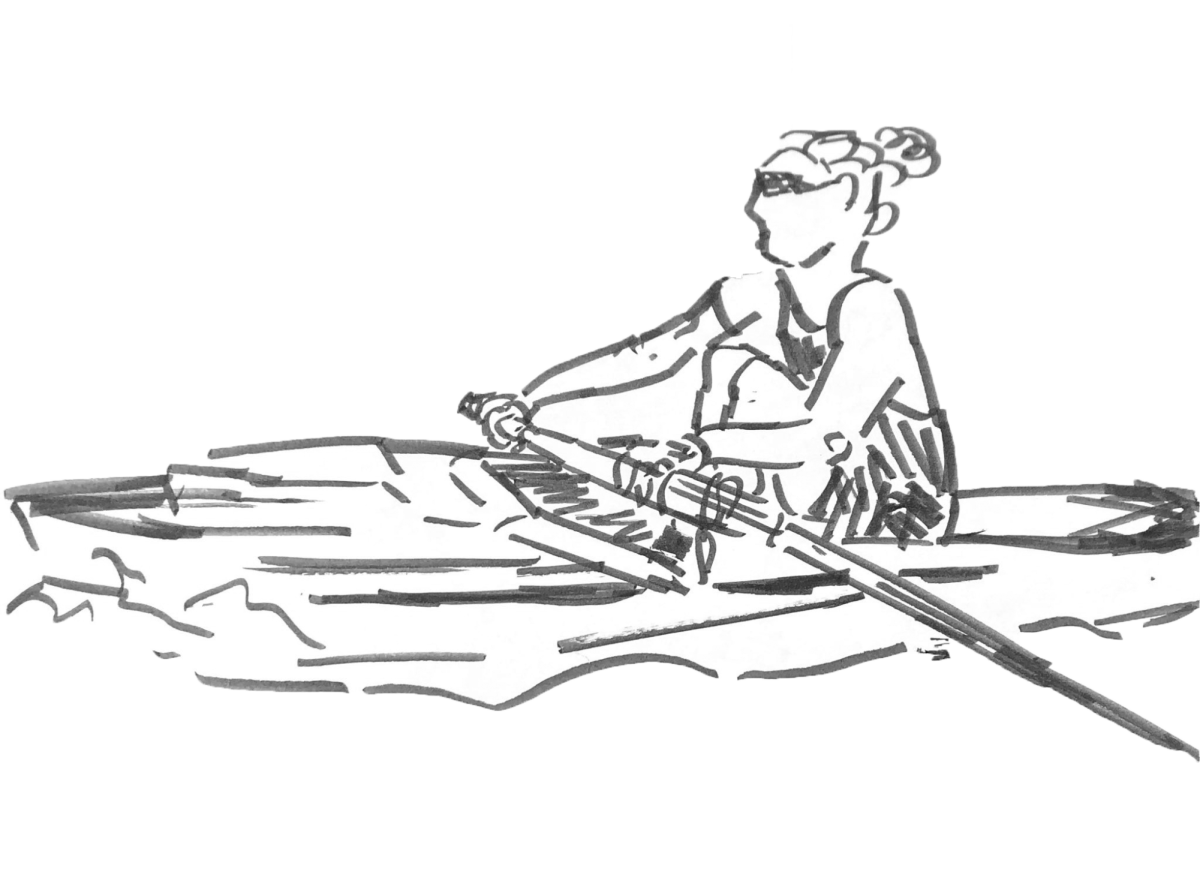To many student athletes, navigating the college recruiting process is confusing and frustrating. Many of the guidelines around recruitment differ based on school and sport, with some schools being more focused on academics while others more on athletics. To demystify the recruitment process, Sam Greenblatt, the assistant rowing coach at the University Washington shared his thoughts with The Messenger.
“We are looking for [students] that are here to learn, to grow, and study,” Greenblatt said. Even as a recruited student athlete, the student part comes first and is the priority for many schools such as UW. According to Greenblatt, the things coaches look for in recruits depends on both school and sport, but generally coaches look at “the person themselves, that character piece,” but also “academics…[and] the athletic piece,” Greenblatt said. Greenblatt added that other schools might evaluate grades, character, and results differently than UW.
Within collegiate sports, there are Division 1, 2, and 3 schools, each placing different levels of focus on academics and sports. “The D3 level is going to be primarily academically driven [and] their seasons are shorter,” Greenblatt said. Despite their shorter seasons and main focus on academics, Greenblatt emphasized that D3 schools are still extremely competitive and experience a lot of success. “The D1 level is much more full throttle in both [academics and athletics],” Greenblatt said. At the D1 level, schedules are more intense, seasons are longer and athletes endure more rigorous training. D2 schools are the middle ground between D1 and D3, though still competitive D2 schools also have shorter seasons and a strong balance of school and sports.
What does recruiting look like in other sports? To answer this question, The Messenger consulted Vir Gogoi, a fencer at Johns Hopkins University, and Maddie Rivard, a senior at Garfield who is committed to Columbia University’s swimming team. Other than some minor differences, such as when students receive offers, recruitment is quite similar between sports. Both Gogoi and Rivard believe that coaches generally look at the character of the applicant before evaluating other factors such as results and academics. “Success is not as big as the fact that [coaches] see that you have potential,” Gogoi said. In academically competitive schools like Johns Hopkins, Columbia, and others, the admissions department conducts an academic pre-read that evaluates whether or not the applicant has the GPA and standardized test scores needed for the school.
Regardless of the school you’re interested in, there isn’t a reason not to reach out to the coach. “It really is a matter of putting yourself out there, filling out the recruiting questionnaires on [college’s] websites,” Greenblatt said. He added that students should do their own research on schools and teams to see what best fits them and then make an informed decision.
Categories:
The Race to Recruitment
A guide to the recruiting process for high school athletes.
Arush Talasila (He/Him)
•
November 8, 2024
More to Discover
About the Contributor
Arush Talasila (He/Him), Staff
Arush is a Junior at Garfield, this is his second year on The Messenger. At Garfield he is part of the CSA, ISA, Parkinson’s Disease club, and Debate Team. Outside of Garfield he is an avid fencer and loves to compete. In his free time, Arush likes to sleep, play video games, and spend time with other people. Arush loves to learn about new things and challenge himself. He is really excited for a year with The Messenger and what’s to come.






